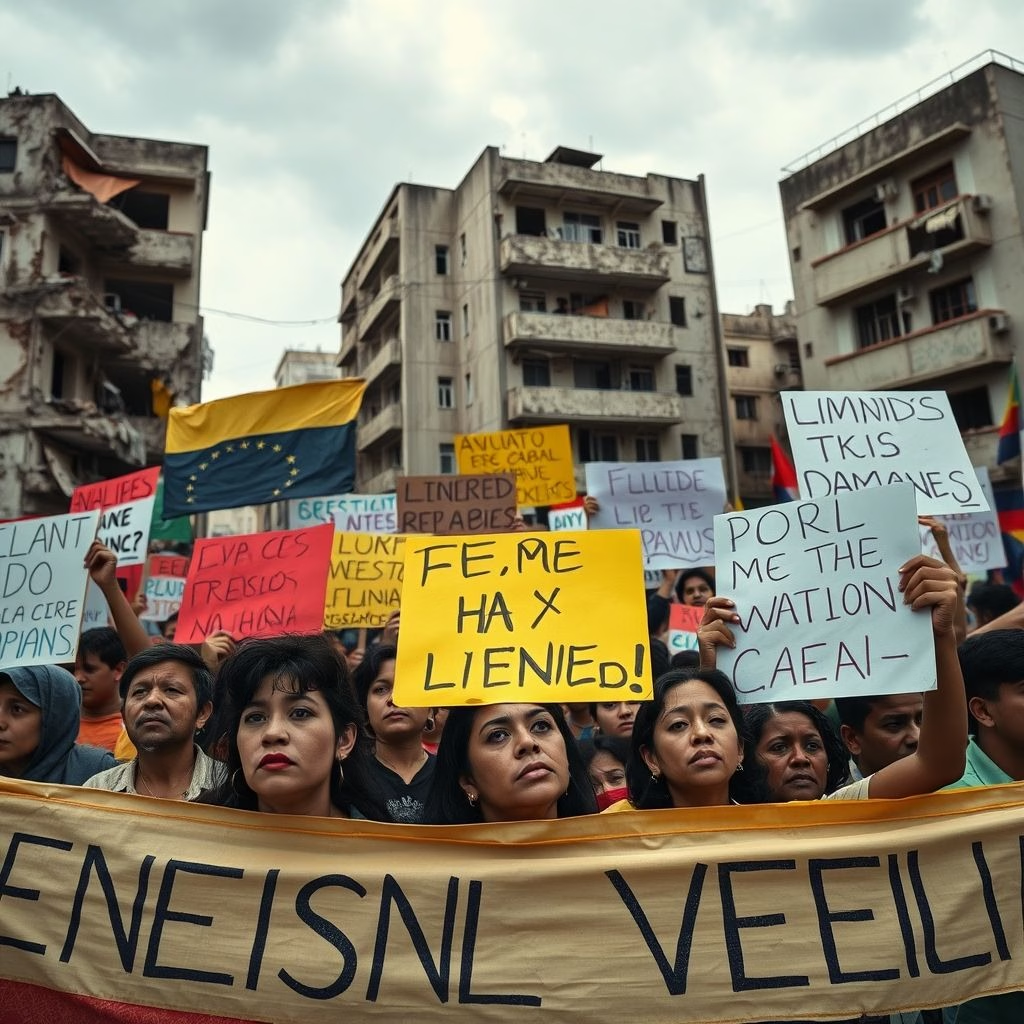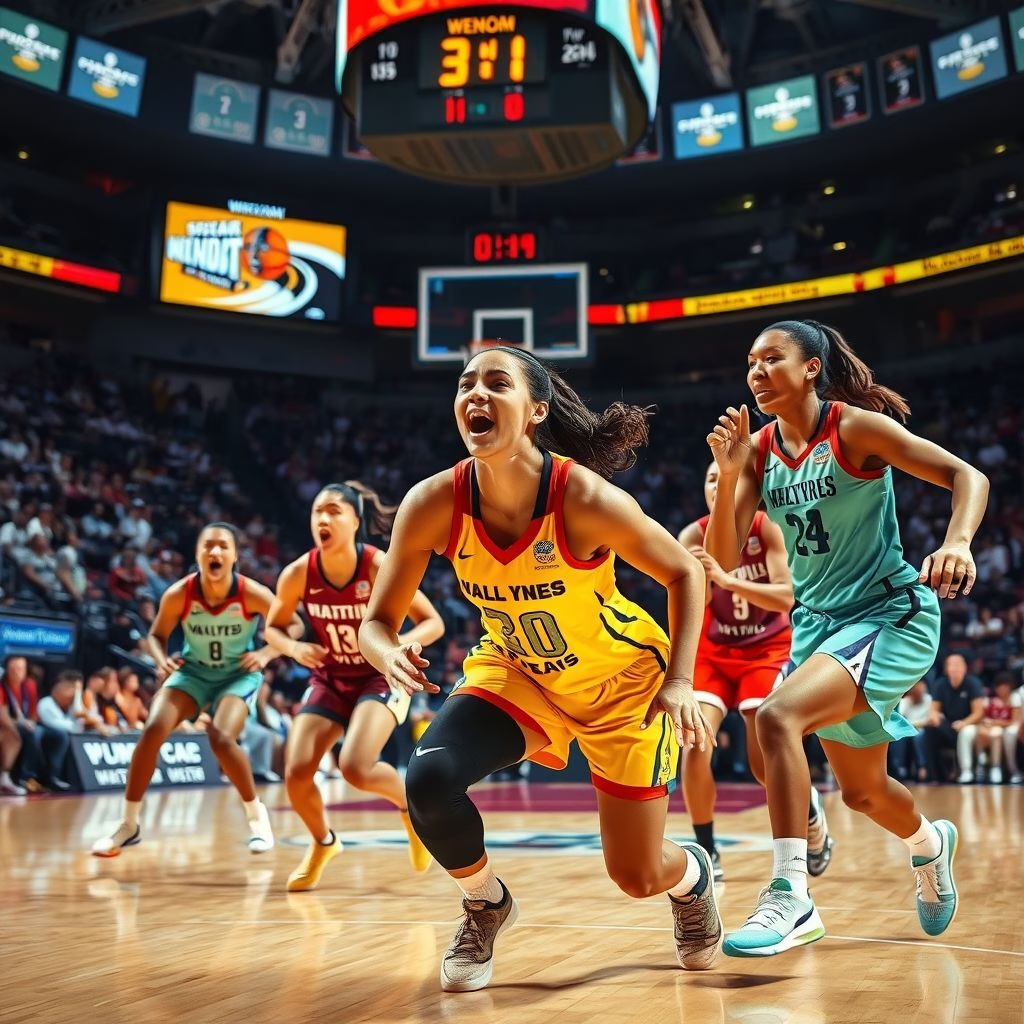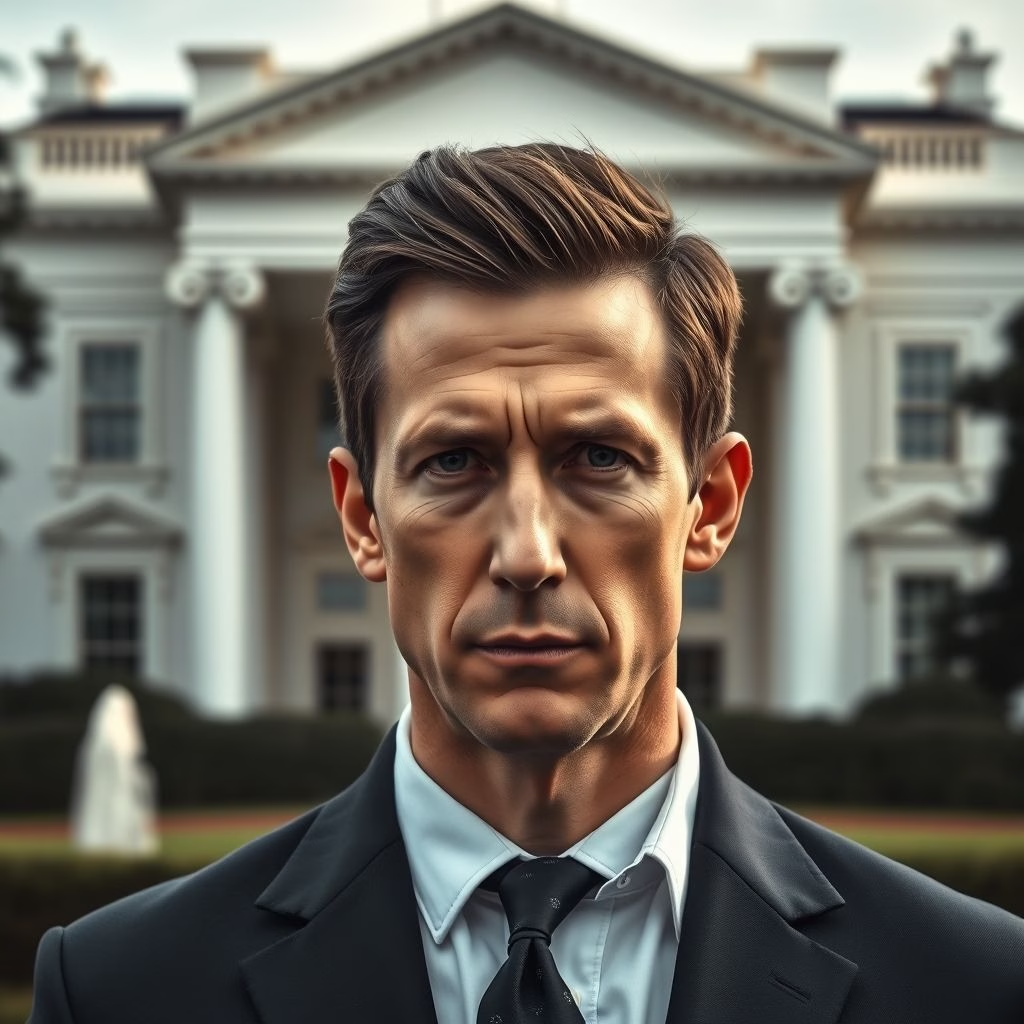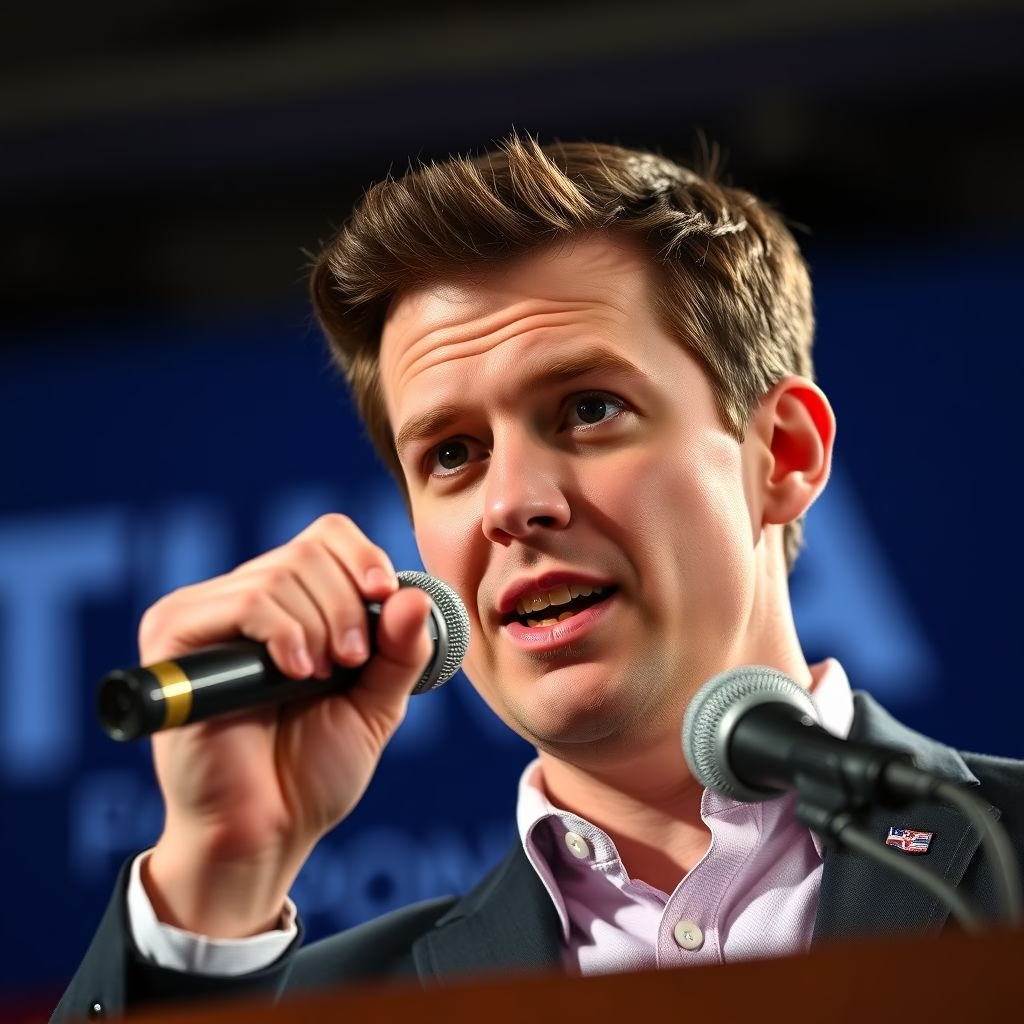The Maduro Years: Venezuela’s Turbulent Path Under His Leadership

Nicolás Maduro: A President Defined by Crisis
Nicolás Maduro Moros, a name synonymous with the ongoing political and economic turmoil in Venezuela, has been a central figure in the nation’s recent history. Born in 1962, Maduro assumed the presidency in 2013 following the death of Hugo Chávez, a moment that marked a significant turning point for the South American nation. Since then, his leadership has been a subject of intense scrutiny and controversy, characterized by a complex interplay of economic hardship, political repression, and international condemnation.
The Inheritance of Chávez and the Early Years
Maduro’s rise to power came after a long period of being a close ally of Hugo Chávez, who had dominated Venezuelan politics for over a decade. After Chávez’s death, Maduro, inheriting the mantle of the Bolivarian Revolution, initially enjoyed some support from within the ruling United Socialist Party of Venezuela (PSUV) and among the population. However, the economic and political climate was already beginning to shift, as vulnerabilities within the Venezuelan economy began to surface. This period set the stage for the challenges that would define his presidency.
Economic Decline and Humanitarian Crisis
One of the most significant hallmarks of Maduro’s tenure has been the dramatic decline of the Venezuelan economy. Venezuela, once a prosperous nation due to its vast oil reserves, experienced a sharp economic downturn. Hyperinflation, severe shortages of essential goods, and a collapse of the national currency became commonplace. This economic crisis fueled widespread discontent and led to a humanitarian crisis, prompting a mass exodus of Venezuelans seeking better opportunities elsewhere. The impact of this crisis has been felt across every sector of Venezuelan society, leaving deep scars.
Political Repression and Human Rights Concerns
Simultaneously, Maduro’s government has faced accusations of authoritarianism and human rights abuses. Critics have alleged the erosion of democratic institutions, suppression of dissent, and the use of force against protestors. Numerous international organizations, including the United Nations and various human rights groups, have documented instances of political persecution, arbitrary arrests, and the suppression of freedom of speech and the press. The Venezuelan government has consistently denied these accusations, but the evidence remains a point of contention.
Electoral Controversies and International Condemnation
Maduro’s leadership has been further complicated by electoral controversies. The 2018 and 2024 presidential elections, in which he secured re-election, were widely criticized for irregularities, including allegations of electoral fraud, voter intimidation, and the exclusion of opposition candidates. These elections were met with international condemnation, with many countries refusing to recognize the legitimacy of the results. This has resulted in increased diplomatic isolation and sanctions against Venezuela.
The Continuing Political Crisis
The combination of economic woes, accusations of authoritarianism, and disputed elections has plunged Venezuela into a continuing political crisis. The opposition, though weakened, continues to challenge Maduro’s rule. The future of Venezuela remains uncertain, with questions surrounding the possibility of a negotiated solution, the potential for further economic collapse, and the ongoing struggle for human rights.
A Complex Legacy
Nicolás Maduro’s presidency is a complex and multifaceted narrative. His leadership is inextricably linked to the economic devastation and political turmoil that have plagued Venezuela in recent years. It is a legacy marked by controversy, hardship, and a nation grappling with the challenges of rebuilding and finding a path toward a more stable and prosperous future.




